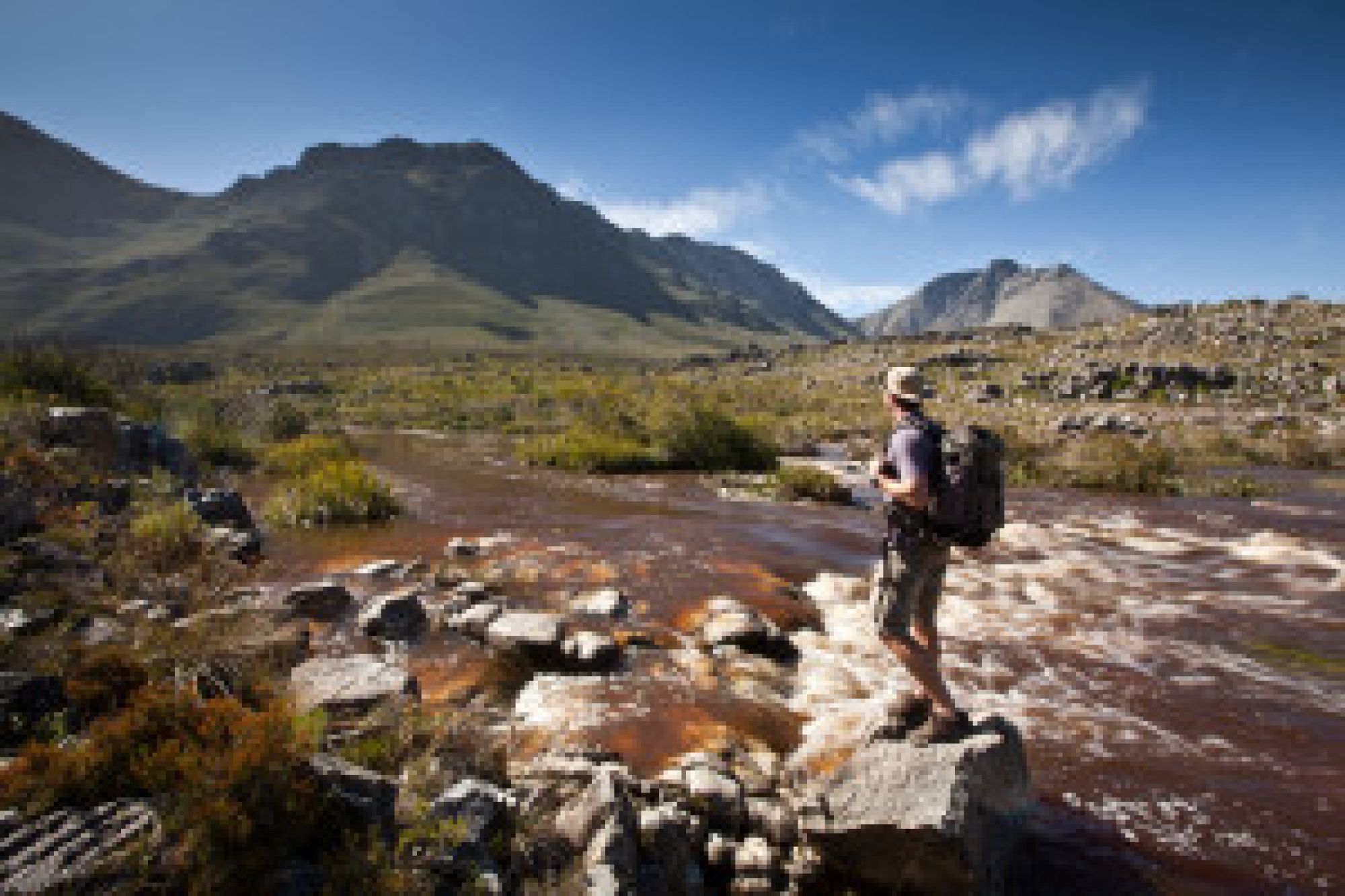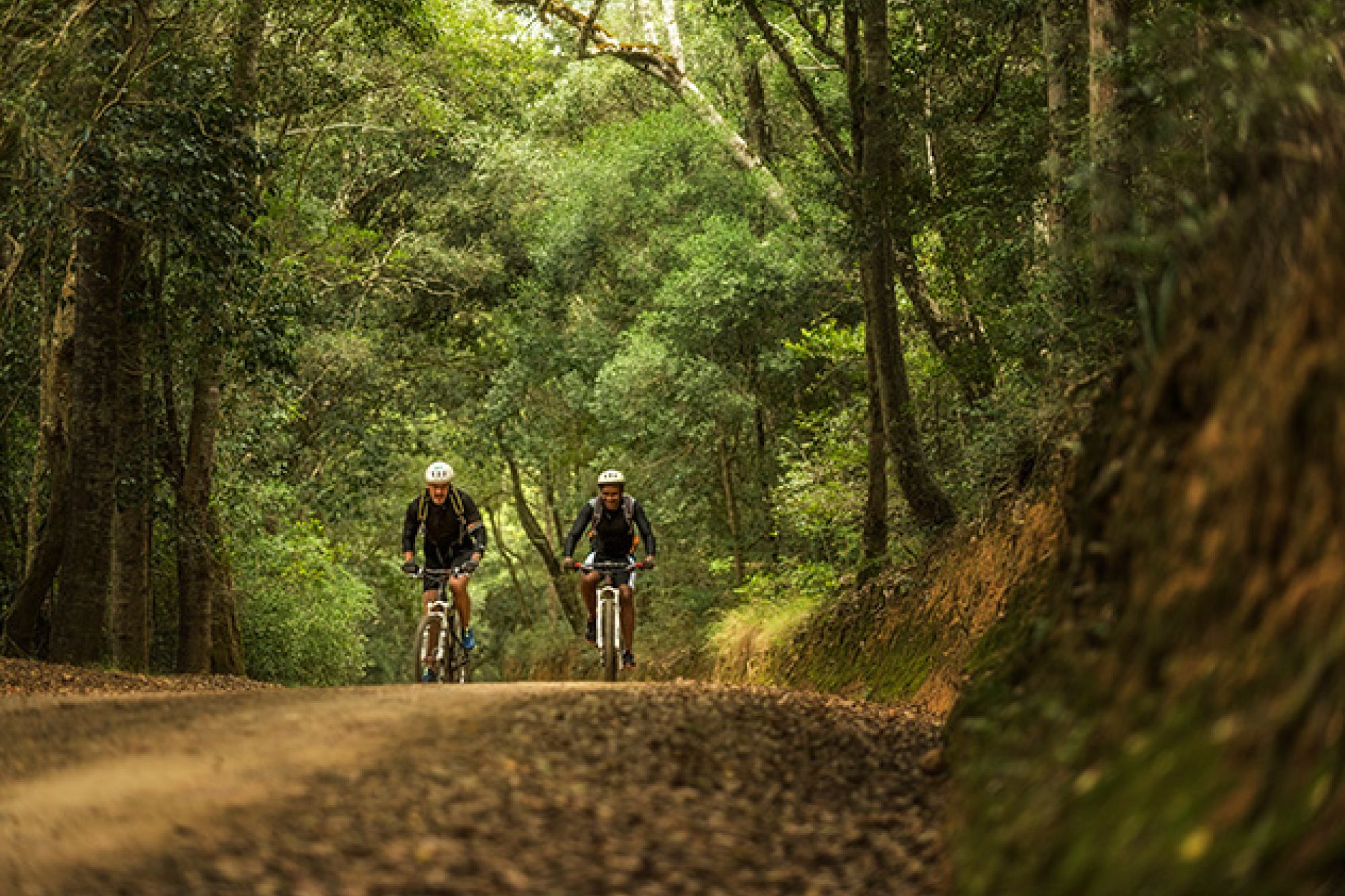
CapeNature announces Access Week 2017 - My Nature, My Heritage

September is Heritage Month in South Africa and, to celebrate, CapeNature is once again providing free access to all of our reserves to day visitors for one week in September.

So between the 18th and the 25th September, why not head off to explore the Western Cape province a little more closely, whether its the Garden Route, the Overberg, the Winelands , the Karoo or the West Coast, you’ll be able to visit one of a number of CapeNature nature reserves that have been recognized by UNESCO as World Heritage Sites.
It's your nature, it's your heritage. Now there's no reason at all not to be able to enjoy it.

Terms and Conditions
The conservation fee for the entrance to any CapeNature reserve open to the public for access will be free for the week (see a list of those reserves here). The waiver of the access fee will pertain to general access (the conservation fee), day hiking (included in conservation fee) and other activities, including white river rafting (with your own canoe), mountain biking (with your own bike) or picnicking. Normal rates will apply for accommodation and camping, horse riding at Anysberg, multi-day hiking, as well as concessions that are run by outside suppliers on our reserves.





